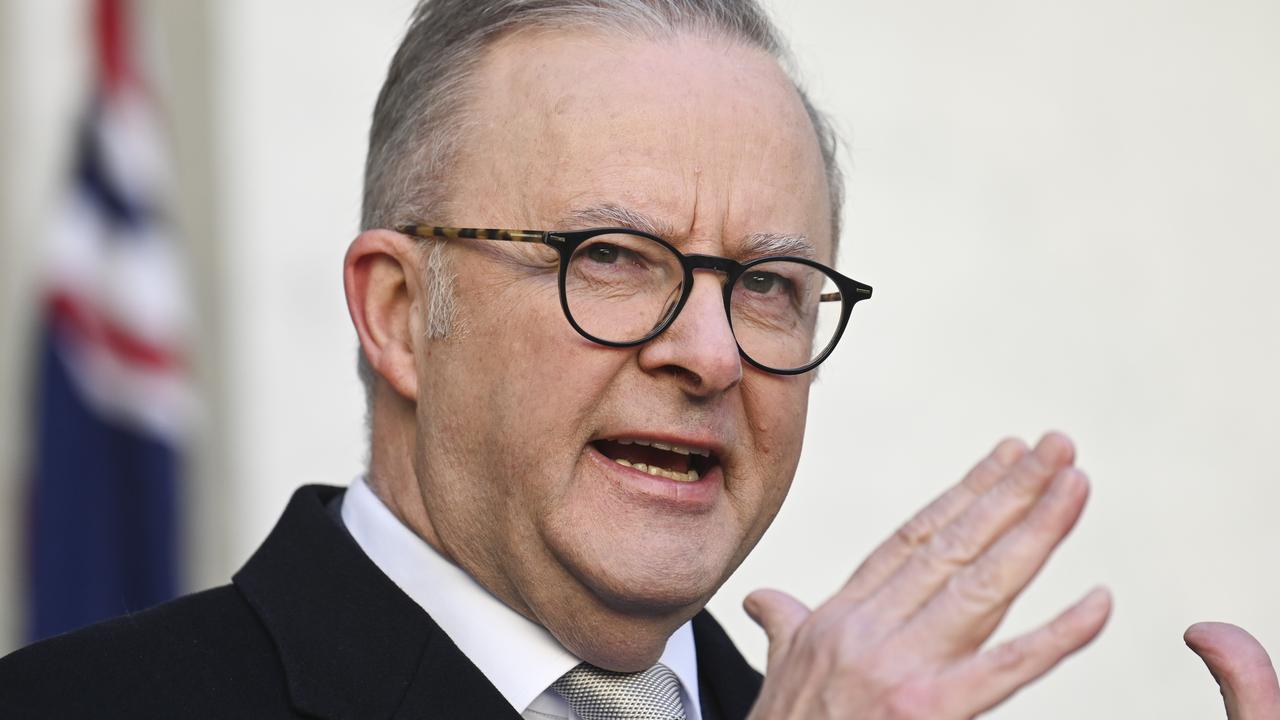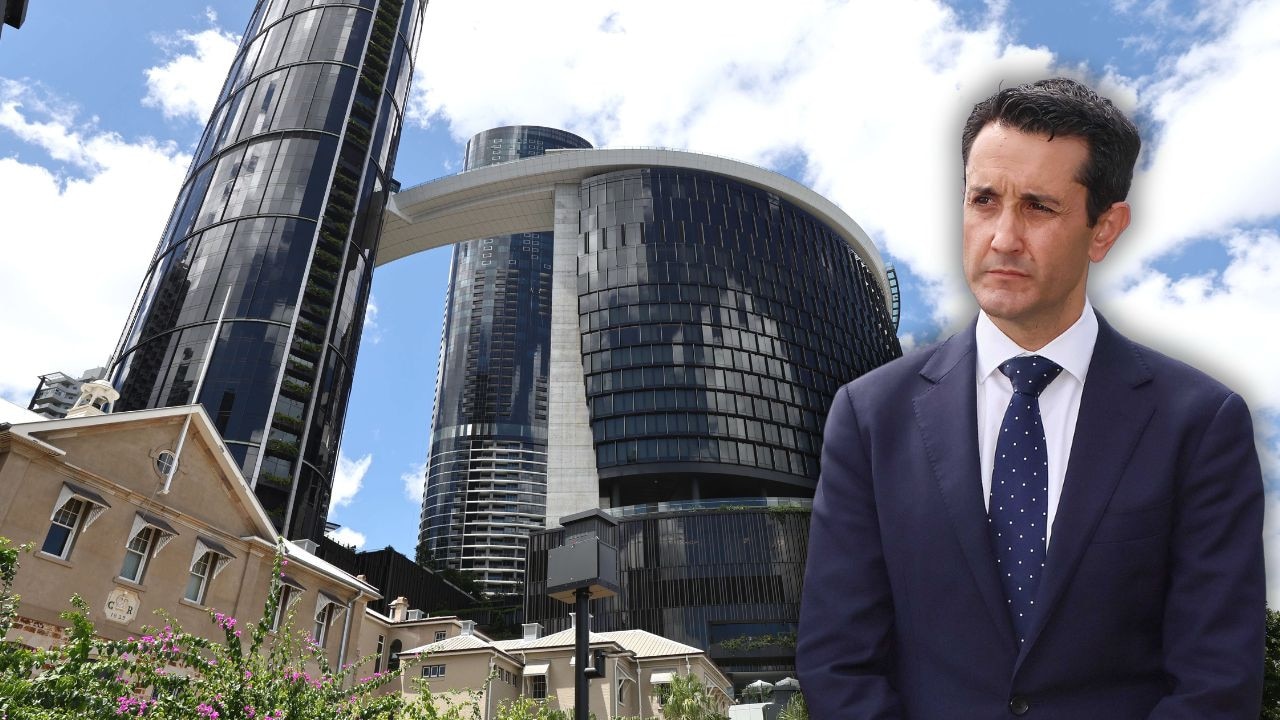Opinion: Misinformation laws will prevent citizens questioning the powerful
Misinformation laws are not there to protect you, they are there to protect the powerful from scrutiny, writes Matt Canavan.

Opinion
Don't miss out on the headlines from Opinion. Followed categories will be added to My News.
In 1871, William Lorando Jones gave a speech in Parramatta to about 100 people during which he claimed that the Bible was the most immoral book ever published, that Moses was a “cruel old wretch” and that the Israelites were robbers and murderers.
Jones was charged with blasphemy – the indictment claimed that he was a wicked and evil-disposed person – and a judge subsequently sentenced him to two years’ jail.
There was a public outcry and, four weeks later, Jones was released. It was the last time someone was charged, in NSW, with blasphemy – to date at least.
Last week, the federal government tabled in Parliament a modern spin on blasphemy laws, with the words updated. Anyone who has the temerity to engage in free speech will now be guilty of spreading misinformation.
Notionally, these laws are to protect us from wicked and evil people who spread lies on social media. According to the government’s own explanatory materials for the Bill, these devious people can even go as far as causing others to have lower confidence in government and lower trust in scientific institutions. The horror! The government gets more specific when it highlights that its misinformation laws could help silence people who spread false, misleading or deceptive information about referendum proposals.
Keep in mind that these laws come just a year after the Australian people comprehensively said no to Labor’s Voice to Parliament referendum. Rather than accept that most people had a different view to him, Prime Minister Anthony Albanese blamed his loss on misinformation.

Misinformation laws are not there to protect you, they are there to protect the powerful from scrutiny.
The laws only suppress views that cause serious harm. But serious harm is defined broadly, and can mean anything from causing harm to electoral processes, public health measures (such as lockdowns), the economy or even public confidence in the banking system.
Why the Labor Party thinks the major banks deserve protection from criticism – after the shocking examples of their misconduct were exposed in the royal commission – remains unexplained. Further, we only recently lived through a situation where our banking system was engaged in the reckless financing of mortgage-backed securities.
That conduct destroyed the global economy. Yet, under these laws, people who question any future excessive financial speculation could be silenced. It is now clear that many of the pandemic measures were excessive and costly.
Some children may never recover from the learning deficiencies accumulated from home-schooling and mask-wearing. The AstraZeneca vaccine, which was previously marketed as safe and effective, had its approval cancelled. No one expects our rulers to get every decision right, but if we exempt them from criticism and accountability, a lot more mistakes will be made.
And even on electoral process, while we are lucky to have one of the best systems in the world, it is not perfect. Just a few years ago, the Australian Electoral Commission lost 1375 West Australian Senate ballots and the election had to be redone at a cost of $20m.

These misinformation laws would make it harder for anyone to expose future anomalies – which are guaranteed to occur at some point.
The laws also exempt the media. This week, we found out that the ABC aired allegedly doctored footage to accuse an Australian soldier of war crimes. Why should an average Australian be gagged by these laws, but the media not subject to them at all?
And, while I am on our military, the laws do not define misinformation about our armed forces as serious harm. While I do not support the laws, it shows Labor’s priorities that it would defend politicians, the banks, public health overlords and the ABC ahead of our own soldiers.
After Jones was released in 1871, a writer to the Illawarra Mercury lamented that “an impious and most foul-mouthed reprobate” had been converted into a martyr, and that if he had been treated as any other nuisance, neither he nor his crime would have been heard of.
It remains wise advice today. The government’s ham-fisted misinformation laws are worse than being ineffective, they will make things worse. Any attempt to silence so-called misinformation will spread it further.
It would make much more sense for our government to treat its people with more respect for our overall good sense. Lies can simply be rebutted, cranks can be ignored, and, most of all, politicians, bankers and journalists can all lift our game and not engage in misinformation ourselves.
More Coverage
Originally published as Opinion: Misinformation laws will prevent citizens questioning the powerful









